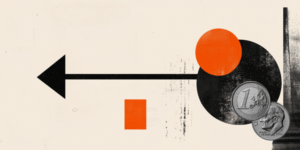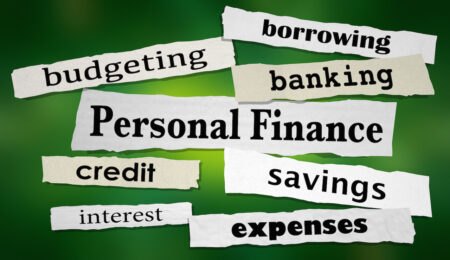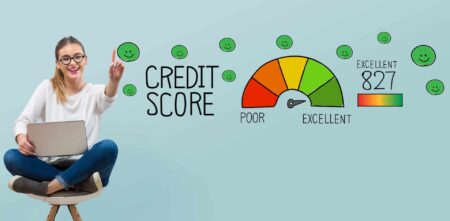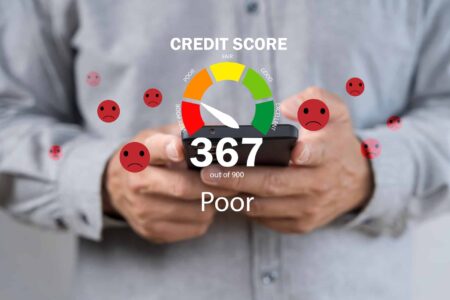Credit Sesame’s fun, informal quiz helps you explore how your everyday choices could reflect your level of credit responsibility.
This is not a formal assessment. It will not impact your credit score. But the way you answer these 10 yes-or-no questions might reveal how your habits might be shaping your credit profile. Be honest with yourself, this is for your own insight only. Are you credit smart?
1. Do you pay off your credit cards in full each month?
Paying your balance in full each month means you are not carrying debt from one billing cycle to the next. This not only saves you money on interest charges but also keeps your credit utilization low, both of which are good for your credit score. If you only pay the minimum, interest adds up fast, and you may find yourself stuck in a cycle of revolving debt. Lenders prefer borrowers who manage credit responsibly and pay consistently.
Your credit score is a snapshot of how lenders may view your financial trustworthiness. Knowing your score puts you in control. You can track improvements, catch sudden drops, and understand where you stand before applying for loans, credit cards, or even rental housing. Many people do not realize how often their credit score plays a role in decisions that affect daily life. Monitoring it regularly gives you a head start on addressing potential problems.
3. Have you made every payment on time in the past year?
Payment history is the single most important factor in most credit scoring models. A consistent record of on-time payments builds trust with lenders and supports a higher credit score. Missed or late payments — even just once — can stay on your credit report for up to seven years and lower your score significantly. If you have made every payment on time over the past 12 months, that is a strong indicator of credit responsibility.
4. Do you keep your credit usage below 30%?
Your credit utilization ratio is the percentage of your available credit that you are using. Experts generally recommend keeping this ratio below 30%, and ideally lower. For example, if your credit limit is $10,000, try to keep your balance under $3,000. High utilization can make you appear financially overextended, even if you pay on time. A lower ratio suggests you are using credit wisely rather than depending on it.
5. Have you checked your credit reports within the past 6 months?
Your credit score depends on the information in your credit reports, so it is important to make sure that information is correct. Mistakes, outdated accounts, or signs of identity theft can hurt your score and affect your chances of getting credit approval. You are entitled to one free report per year from each of the three major credit bureaus at AnnualCreditReport.com, but many people check more often using a credit monitoring service. Reviewing your reports at least twice a year helps you catch issues early and protect your credit health.
6. Do you avoid applying for credit unless you have a good reason?
Some people sign up for every new reward card or store discount they’re offered, but this can add up quickly. Each application results in a hard inquiry on your credit report, which can lower your score if too many appear in a short time. Opening new accounts without a clear purpose can also shorten your average account age and clutter your credit profile. Applying for credit only when it truly benefits your financial plan helps keep your credit history healthy and easier to manage.
7. Do you still have your oldest credit card open?
The length of your credit history makes up a portion of your credit score. Keeping older accounts open, especially if they have no annual fee and are in good standing, can help boost your score. When you close a long-standing account, it may shorten your average credit age and reduce your total available credit, both of which can impact your score. Even if you do not use your oldest card often, it can still be helping you in the background.
8. Do you use reminders or auto-pay for bills?
Missing payments is one of the quickest ways to damage your credit score, but it often happens simply because people forget. Setting up automatic payments for at least the minimum amount due, or using digital reminders, can help you stay on track. It also reduces stress and gives you peace of mind. Small systems like these can make a big difference in your long-term credit health.
9. Do you follow a budget or spending plan?
Credit health is not just about borrowing. It is also about managing the money you already have. A budget, even if you do not write it down, helps you avoid overspending, prepare for irregular expenses, and make room for paying down debt. Without a plan, it is easy to spend more than you intended and fall behind on payments. A spending plan keeps you focused and can support smarter decisions about credit use, especially during tight financial periods.
10. Do you steer clear of payday loans?
Payday loans and similar short-term lending products often come with very high interest rates and fees. They may seem like a quick fix, but they can trap borrowers in cycles of debt. These loans typically do not help your credit score and can make financial challenges worse. Finding alternatives such as negotiating with creditors, using a credit card with a lower rate, or seeking credit counseling, can be a better path forward.
How credit smart are you?
Your answers can reveal helpful patterns in how you manage credit. This is not a test with right or wrong answers, and your score will not change based on this quiz. But it might help you reflect on your habits. Consider it a quick snapshot of your current approach to credit. Count up your yeses:
- Do you pay off your credit cards in full each month?
- Do you know your credit score right now?
- Have you made every payment on time in the past year?
- Do you keep your credit usage below 30%?
- Have you checked your credit reports within the past 6 months?
- Do you avoid applying for credit unless you have a good reason?
- Do you still have your oldest credit card open?
- Do you use reminders or auto-pay for bills?
- Do you follow a budget or spending plan?
- Do you steer clear of payday loans?
If you answered “yes” to most of these questions, you may already have habits that support a healthy credit profile. If you answered “no” to a few, that is not a failure. It just highlights areas where you might want to focus next. Credit habits can evolve. Even small changes can make a difference over time, especially when you stay consistent. You can get the most complete view of your credit score with Sesame Grade now.
If you enjoyed How credit smart are you? 10 simple questions to test your habits you may like,
Disclaimer: The article and information provided here are for informational purposes only and are not intended as a substitute for professional advice.
Read the full article here
















